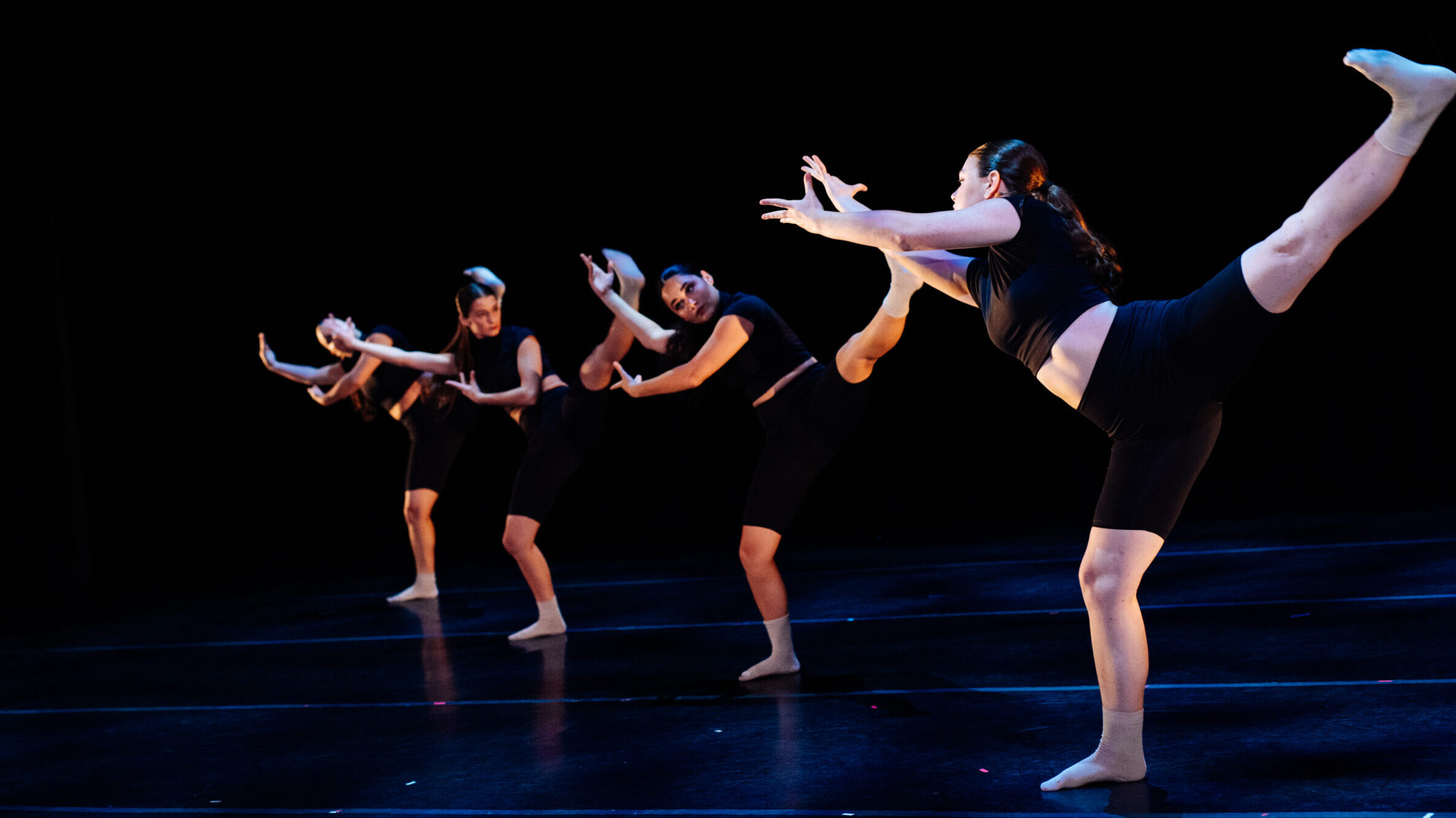According to a 2021 report authored by Mary Haskett, NC State psychology professor, and John Dorris, director of resource development and evaluation at NC State’s Industry Expansion Solutions (IES), 15% of students at NC State have experienced homelessness since the pandemic began, and nearly 25% have experienced food insecurity in a 30-day period.
To highlight the epidemic of homelessness, displaced persons and food insecurity in our communities and on our campus, the Raleigh Civic Chamber Orchestra – one of the two orchestras of the Department of Music – will present a program titled “Paths to Dignity.”
The concert is scheduled for Sunday, Nov. 13 at 4 p.m. in Stewart Theatre. The event is presented in conjunction with Hunger and Homelessness Awareness Week. The music will serve as a catalyst for meaningful discussions about the connections between homelessness and mental health, as well as the role the arts can play in restoring humanity and dignity to the ever-growing population of displaced citizens.
The event’s centerpiece will be a concert program of music centered on community, dignity and empathy by the orchestra under the direction of Dr. Peter Askim. The program will feature the NC State Chorale (Dr. Nathan Leaf, conductor), NC State faculty mezzo-soprano Jennifer Beattie, and violin soloist Mitchell Newman. Newman and the orchestra will present the world premiere of selections from Lucas Richman’s “Concerto for Violin: Paths to Dignity.” In addition, the program will feature composer Reena Esmail’s touching “Take What You Need,” a piece of music that centers on the real-world stories of people who were formerly homeless. The concert will be the culmination of an artistic residency by Newman and Richman that includes community outreach, workshops with students, and performances in area homeless shelters.
Beginning at 3 p.m. in the theatre lobby, the Nov. 13 performance will include a pre-concert showcase of community and campus organizations that serve and advocate for people living with challenges of hunger and homelessness.
As part of the pre-concert showcase, there will be a Food Drive for Feed The Pack, NC State’s on-campus food pantry. Feed the Pack is student-led and open to all members of the campus community (students, staff and faculty). Please help support them by bringing some of the following items:
- Pasta & Pasta Sauce
- Rice
- Ramen
- Cereal
- Canned Fruit
- Granola Bars
- Peanut Butter
The concert will be followed by a panel discussion of artists, activists and scholars, centered on the arts as a vehicle to raise awareness and promote healing.
Raleigh Civic Chamber Orchestra
Paths to Dignity: Music of Hunger, Homelessness and Hope
Program
Ludwig van Beethoven: Coriolan Overture, Op. 62
Johann Sebastian Bach: “Erbarme dich, mein Gott” from St. Matthew Passion, BWV 244
Gustav Mahler: “Urlicht” from Symphony No. 2
Peter Askim: “The Raw Heart of the Spinning World” (world premiere, chamber orchestra version)
Reena Esmail: “Take What You Need” for double choir and strings
Lucas Richman: “Concerto for Violin: Paths to Dignity” (world premiere)
Tickets are available online. $5 NC State students, $10 faculty/staff/seniors, $12 public. Children aged 12 and under may attend for free but must have a ticket.
Also in November:
Raleigh Civic Symphony
Old Worlds/New Worlds
On Sunday, Nov. 20 at 4 p.m., NC State’s Raleigh Civic Symphony will perform a concert highlighting the role of folk, popular music and the music of the Americas in the symphonic music of both Europe and the United States, featuring works by Antonín Dvořák, William Grant Still, and the world premiere of Croatian composer Ivan Josip Skender’s “Shades and Fireworks.” The concert will take place at Stewart Theatre in Talley Student Union.
Czech composer Antonín Dvořák was a vocal advocate for the folk music of his homeland, often including it in his own works. During his time teaching, composing and traveling in the United States in the late 1800s, he encouraged American composers to use their native music as source material for their own compositions, rather than looking to Europe for inspiration. William Grant Still, known as the “Dean of Afro-American Composers,” embraced Dvořák’s advice in composing his “Afro-American” symphony, drawing on popular African American musics such as the blues and spirituals. An active contemporary composer, Ivan Josip Skender works at the Croatian National Theatre in Zagreb as the opera choirmaster and teaches at the Zagreb Academy of Music.
Tickets are available online. $5 NC State students, $10 faculty/staff/seniors, $12 public. Children aged 12 and under may attend for free but must have a ticket.
- Categories:



